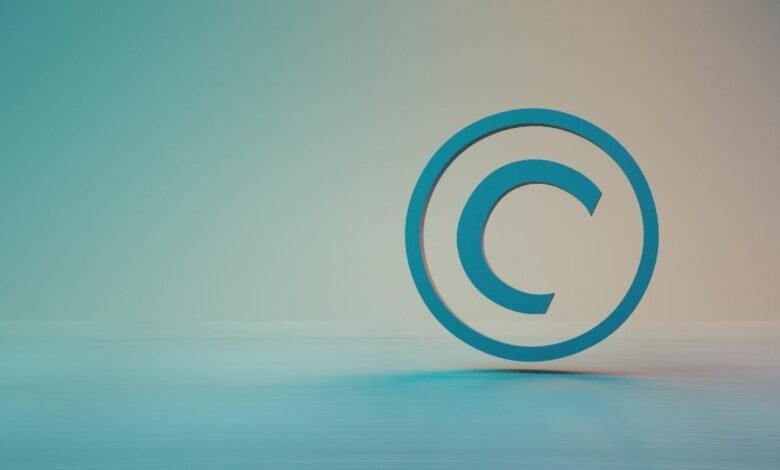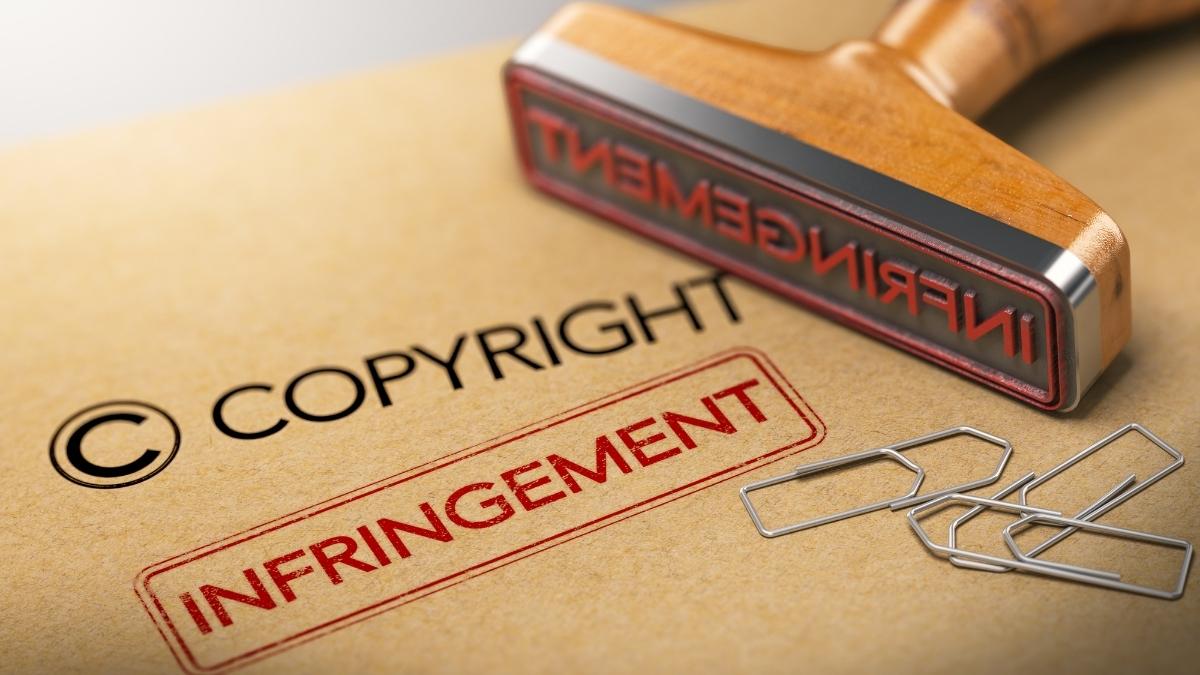What Is Copyright Infringement?

Copyright Infringement can be in the different forms of distributing, producing, and copying intellectual property protected by copyright law.
Copyright is one of many categories of intellectual property (IP) designed to safeguard the creator’s, owner’s, or holder’s exclusive right to claim an original work as their own when their work is fixed in a tangible medium. The result is recorded digitally, written down on paper or typed electronically, or say anything that can be read, seen, heard, or tangible is approved under copyright protection. To know about copyright infringement, you must first understand the rights and the limitations of a copyright holder. We advise you to ponder through CrunchyTricks to understand deeply about Copyright Infringement.
It’s possible to engage in doubling up and distributing someone else’s work without actually violating or infringing anything, so you’re not officially answerable. It’s also possible to be subjected to an official process even if you had no purpose or intention that you stole from the rightful owner. It is the act of violating any copyright owner’s exclusive rights granted by the federal Copyright Act.
It is using another person or company’s work without their explicit consent. Infringement can be in the different forms of distributing, producing, and copying intellectual property protected by copyright law.
There are various forms and types of copyright infringement. Some examples of activities that would result in copyright infringement if you carry them out without first asking for permission from the owner, holder, or the creator of the copyrighted material:
- Recording a film in a movie theater
- Posting content on your website or your company’s website which contains copyrighted data, words, or images.
- Using copyrighted images on your company’s website
- Using copyrighted songs of some musical group on your company’s website
- Using some images after modifying them to upload on your company’s website
- Downloading songs or movies without paying for their use
- Copying any artistic or literary work without the owner’s permission, license, or written agreement
- Featuring copyrighted words or images for the sale of merchandise
- Videos
- Text
- Trademarks
- Images
- Technology
Misrepresenting, reselling, and reproducing is, to our displeasure, frequent in an online environment where people believe they are anonymous or that it is happening so often they will not get caught or held responsible.

The most important aspect is the IP address to effectively search the internet to find those who exploit copyrighted materials. The IP address and other information within it allow those who take part in copying or piracy to know who has access to their site and to mislead them by giving or providing them the incorrect information. Regardless of the size of the team that is trying to catch this illegal activity, if the information they are finding is erroneous, it is a waste of time and resources.
However, regardless of national law, which prohibits individuals from copying, publishing, transmitting, exhibiting, distributing, modifying, displaying, or otherwise using (whether for profit or not) the original creative expressions of others, infringement still can occur.
How to Avoid Copyright Infringement
A song or movie, a poem or choreography, a piece of art or a photograph, and some scholarly work, are just some of the original creations that are automatically protected by copyright. This means that the author, artist, or creator of these works has the right to make copies, modify, display, distribute, and derive from his or her material. Generally, it’s not legal for anyone to use a copyrighted work without the owner’s permission. These suggestions will help you avoid unintentionally or accidentally pirating another individual’s creative works:
• Understand what copyright laws protect
Copyright laws are often confused with licenses, patents, and trademarks. Although these are all forms of intellectual property, copyrights may be the easiest to get hold of and abuse, either purposely or accidentally.
• If the work is not original, don’t use it
“Copyright laws adhere to the same philosophy: the golden rule is to obtain express permission from the holder, owner, or creator of the copyrighted material. Unless you’re the work owner, you can not use it.
• Things you find on the internet are generally not fair game
Most of the things you read, surf, or see on the internet have been copyrighted, by default, given that the material (artistic works, literary or blogs, etc.) was created by someone else who is the rightful owner of these content. Suppose you reproduce, display copy, or otherwise hold out another’s work or efforts (such as an article, image, musical recording, or any other type of work that you did not create) as your own. In that case, you are unquestionably infringing on copyrighted material. This is true whether you benefited monetarily from the use or not.
• Have an IP policy for your business
An intellectual property (IP) policy is a set of guidelines that provides team leaders and employees with the principles appropriate for dealing with IP belonging to the business and the third parties. An intellectual property policy is uniform and is an effective means of shielding against accidental infringement.